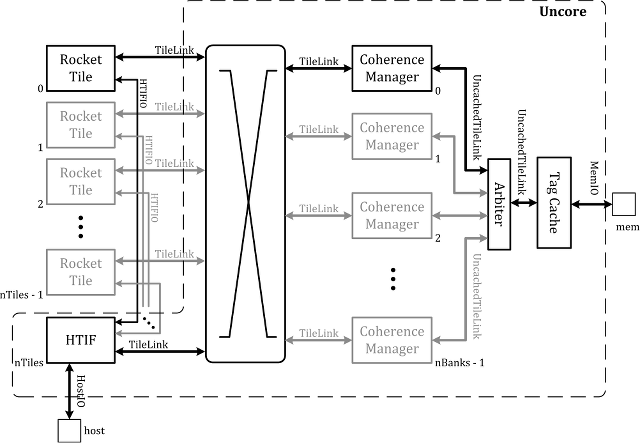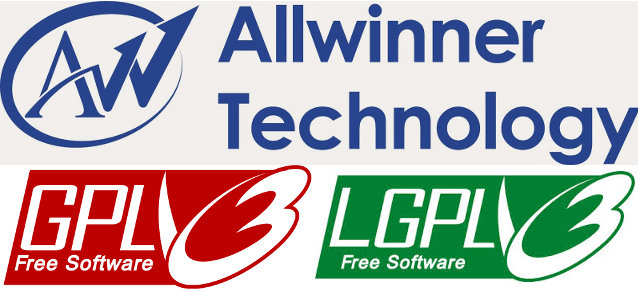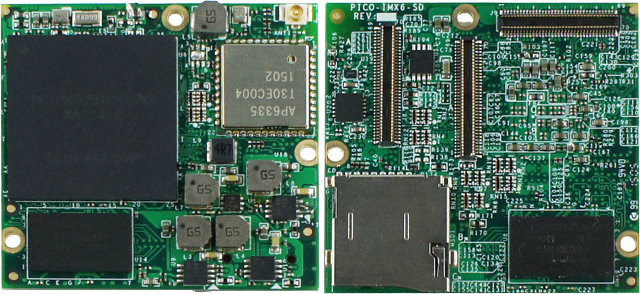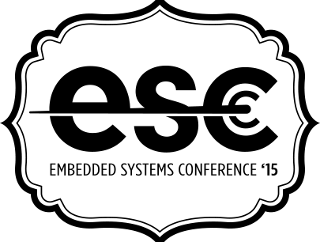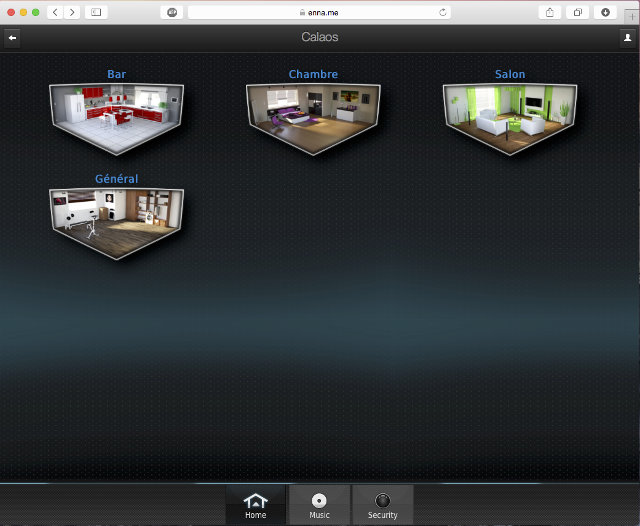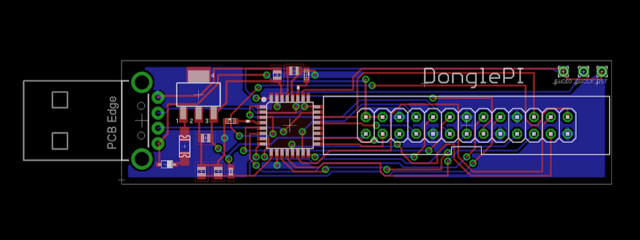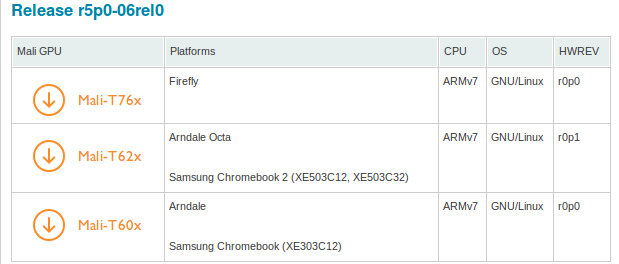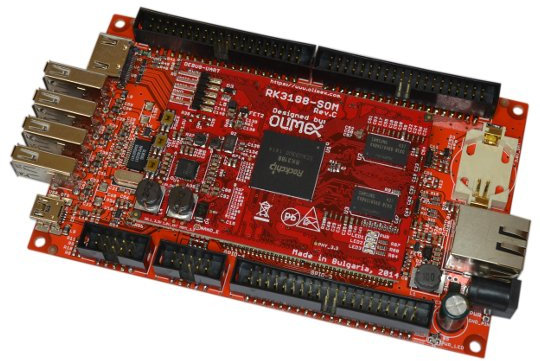lowRISC project aims to produce a completely open-source SoC (System-on-Chip) based on the 64-bit RISC-V instruction set architecture, as well as a corresponding development board, thus eventually producing a fully open hardware systems. The project has now announced its first release “tagged memory preview release” with a tutorial explaining how this has all been designed, and how to run simulations with software tools, or FPGA boards such as Zedboard. The project is based on Rocket core, written in Chisel language by the RISC-V team at UC Berkeley. Chisel can generate code to produce a cycle-accurate C++ emulator, Verilog optimised for FPGAs or Verilog for use in an ASIC flow.If you want to try it out, you’ll need a Linux machine, preferably running Ubuntu 14.04 64-bit, with GNU GCC 4.8 installed, and follow the tutorial in order to get the source code, and build tools such as riscv64-unknown-elf-gcc compiler, and […]
Allwinner CedarX Media Codec Library GPL/LGPL Compliance Update
Last month, I wrote about potential open source licenses and VP6 copyright infringement by Allwinner with their CedarX media codec library, and then since there’s been a few developments. First, Allwinner sent me an email saying they’ve now updated Cedarx library and referring my previous article. Here’s an extract: Here, I have some update of the Allwinner’s open-source status. We have done a lot of discussion with the developers from the linux-sunxi communication about the software license of CedarX. For each question or requirement asked by the developers, Allwinner has identify and try to give the best solution. Now, we believe Allwinner’s CedarX license is fully compliant and resolves concerns from the community. And you can take the announcement https://www.mail-archive.com/linux-sunxi@googlegroups.com/msg10597.html as a reference. Allwinner is always supporting the open-source, and try to do better and better. You can see some update on the github https://github.com/allwinner-zh, and some feedback from developers: […]
TechNexion Introduces Intel Edison Compatible PICO-iMX6 SoM and DWARF Board
Intel Edison is a board made for wearables featuring an SoC with Intel Atom and Quark CPU cores. TechNexion, an embedded systems company based in Taiwan, has decided to make a mechanically and electrically compatible system-on-module featuring Frescale i.MX6 Solo or Duallite ARM Cortex A9 processor called PICO-iMX6. The company is also providing a PICO-DWARF baseboard that’s both compatible with PICO-iMX6 SoM and Edison board. DWARF stands for “Drones, Wearables, Appliances, Robotics and Fun”, so that pretty much explains what the platform is for. PICO-iMX6 System-on-Module Two version of the modules are available: PICO-iMX6-SD and PICO-iMX6-EMMC, the former with a micro SD slot for storage, and the latter a 4GB eMMC. Both share the followings specifications: SoC – Freescale i.MX6 Solo / Duallite single/dual core ARM Cortex A9 @ 1Ghz with Vivante GC880 3D GPU and Vivante GC320 2D GPU (Composition) System Memory – 512MB or 1GB DDR3 Storage – […]
Embedded Systems Conference 2015 Schedule – May 6-7, 2015
The Embedded Systems Conference took the name “Design West” for a couple of years, but this year, there’s no mention of Design West, and the Embedded System Conference 2015 will take place in Boston, MA, US on May 6-7, 2015. The 2-day event will have a demo hall, and well as sessions divided into 8 tracks: Connected Devices and the IoT Embedded Software Design Hardware: Design, I/O and Interfacing Prototyping Embedded Systems Design Software: Design, Languages, & Quality Fantastical Theater Teardowns The full schedule has now been posted, and I’ll build a virtual schedule with some of the sessions provided. Wednesday May 6, 2015 8:00 – 8:45 – Understanding Google/Nest Thread by Michael Anderson, Chief Scientist, The PTR Group, Inc. The IoT will live or die based on its connectivity. In examining existing wireless protocols, Google/Nest found most of them lacking. In order to address the needs for low-power wireless […]
Calaos is an Open Source Home Automation Suite for Raspberry Pi, Allwinner A10/A20 and x86 Platforms
Calaos is a Linux based home automation software released under GPLv3 license that works on Raspberry Pi, some Allwinner platforms like Cubiebaord 1/2, Mele A1000(G)/A2000, as well as x86 / amd64 hardware platforms that allows you control switches & lights in the rooms of your home or office, control your music, and manage security cameras.. The developers have recently released Calaos v2.0, the first stable release, so it’s a good time to have a look. The software stack is comprised of 6 main components: Calaos Server – Daemon that exports the state of the house via a JSON protocol. It can currently manage the following hardware components and protocols: Wago’s PLC, with digital or analog I/O, DALI or DMX light bus IPX800 web relay board GCE Electronics Eco Devices used to monitor power consumption. Web API 1-Wire, X10 Zibase I/O GPIO (Linux based GPIO, for direct use of RaspberryPI GPIO […]
DonglePi is a USB Dongle with a Raspberry Pi Header for your PC
While the newer Raspberry Pi A+, B+ and B2 boards feature the new 40-pin connector, the Raspberry Pi boards Model A and B have a 26-pin expansion header, but both are use to access GPIOs, UART, SPI, I2C and interface with external hardware, and many add-ons boards have been developed for the Raspberry Pi. But what if you’d like to use R-Pi add-ons board on your PC, or instead you are developing your own add-on board, but would like to do so directly on your PC for convenience? DonglePi is the answer. It’s a small USB dongle with Atmel SAMD21 MCU and a 26-pin Raspberry Pi compatible header, that you could use connect to your Android/Linux/Windows PC to play with GPIO, I2C, SPI, Serial, PWM just like on a Raspberry Pi, and using RPi/GPIO or smbus Python libraries for programming. The project is still in development, and so far most […]
ARM Releases Kernel Drivers for Mali-T880 / T860 GPUs, User Space Drivers for Mali-T76x GPUs
ARM Mali GPU drivers includes both open source kernel drivers, and binary userspace drivers supporting framebuffer and/ior X11 implementation. The former is rarely an issue and is quickly released, but the latter requires porting and testing for a specific hardware platform, as well legal work, which greatly delay the releases. Mali-T880 GPU was announced at the beginning of the month together with ARM Cortex A72, and on February 17, 2015, ARM released an update to their Mali-T600 series, Mali-T700 series & Mali-T860/T880 GPU kernel device drivers with revision r5p1-00rel0 that adds supports to Mali-T860 and Mali-T880 GPU. These open source drivers are available for Android and Linux, and also support early Mali-T700 and T600 GPUs. Separately, the company has also released Mali-T76X GPU drivers for Firefly board powered by Rockchip RK3288 quad core Cortex A17 processor featuring a Mali-T764 GPU. The first release only supports the framebuffer driver, but ARM […]
Olimex Announces Availability of TI AM3352 and Rockchip RK3188 SoM and Evaluation Boards
Olimex showcased prototypes for both Texas Instruments Sitara AM3352 and Rockchip RK3188 system-on-modules and evaluation boards in May 2014. However, development and production took a bit longer than expected, and the company has just announced availability of the platforms now. Rockchip RK3188 CPU Modules and Kit RK3188-SOM-EVB kit specifications: RK3188-SOM-4GB System-on-Module with the following key features: SoC – Rockchip RK3188 quad core Cortex A9 processor @ 1.6GHz with Mali-400MP4 GPU System Memory – 1GB DDR3 Storage – 4GB Flash + micro SD slot Debugging – 4-pin UART connector Misc – Reset and Recovery buttons, 3x status LEDs Dimensions – 55.88 x 81.28 mm Video Output – HDMI output + LCD output Connectivity – 10/100Mbps Ethernet USB – 4x USB Hosts, 1x micro USB OTG Expansion Connectors LCD connector for LCD-OLinuXino-XX LCDs 2x UEXT connectors 2x 40 pin GPIO connectors Misc – RTC with backup battery Power Supply – 6-16 V via […]


